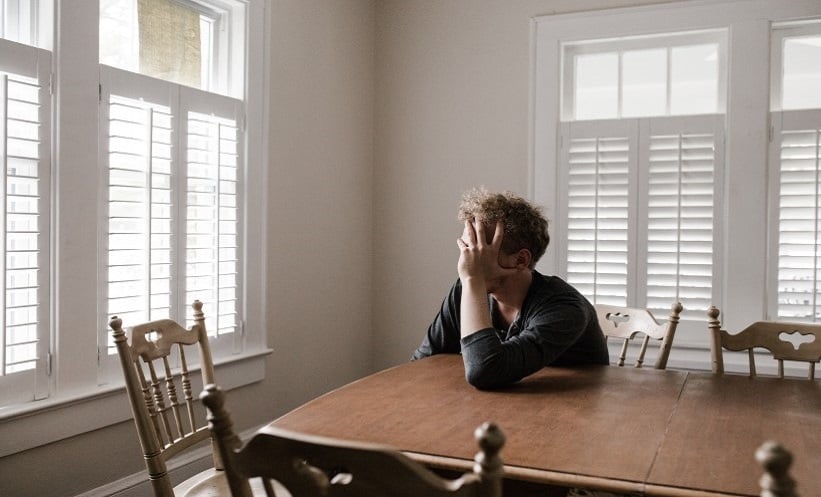PATIENTS diagnosed with acute kidney injury (AKI) have self-reported high levels of myriad emotional and physical burdens, according to a prospective cohort study held within a clinical trial framework.
The cohort consisted of 95 patients with AKI who were receiving intermittent haemodialysis treatment. Within this group, 64 patients determined their dialysis symptom index in a survey, and rated their overall health and quality of life. The scale utilised in the survey ranged from 1 (very poor) to 7 (excellent), and three timepoints were used to record results.
At the outset of the study, each of these 64 patients were in hospital, and receiving dialysis. Researchers followed a second subgroup of 28 patients until Day 90, recording the most common symptoms experienced at each chosen time point. By the end of the study, at the 90-day touchpoint, none of the 28 patients in the subgroup were in hospital, and 14 (50%) of respondents were undergoing dialysis. Results of the study revealed that fatigue was one of the most commonly reported symptoms, and the group also reported feeling emotional distress, tactile disturbance, and sleep disturbance.
Researcher Y. Diana Kwong, University of California San Francisco, USA, commented: “We were interested in patient-reported outcomes, like the symptom burden and self-reported quality of life… Often, we review the most clinically concerning symptoms, like shortness of breath or chest pain, but little is known about the full spectrum of patient experience after AKI.” Kwong explained that some surprising results came out of the self-reported survey, including the commonality of fatigue amongst patients. Kwong added: “The high prevalence of tactile disturbances, such as dry mouth, dry skin, and itching), as well as the psychological symptoms, such as anxiety and sleep disturbances, were unexpected.”
Researchers have concluded that symptoms experienced by patients with AKI, all of which affect their quality of life, may be alleviated with both exercise and social support systems. They also stressed that further research is necessary in order to best support patients after they have undergone hospitalisation.








